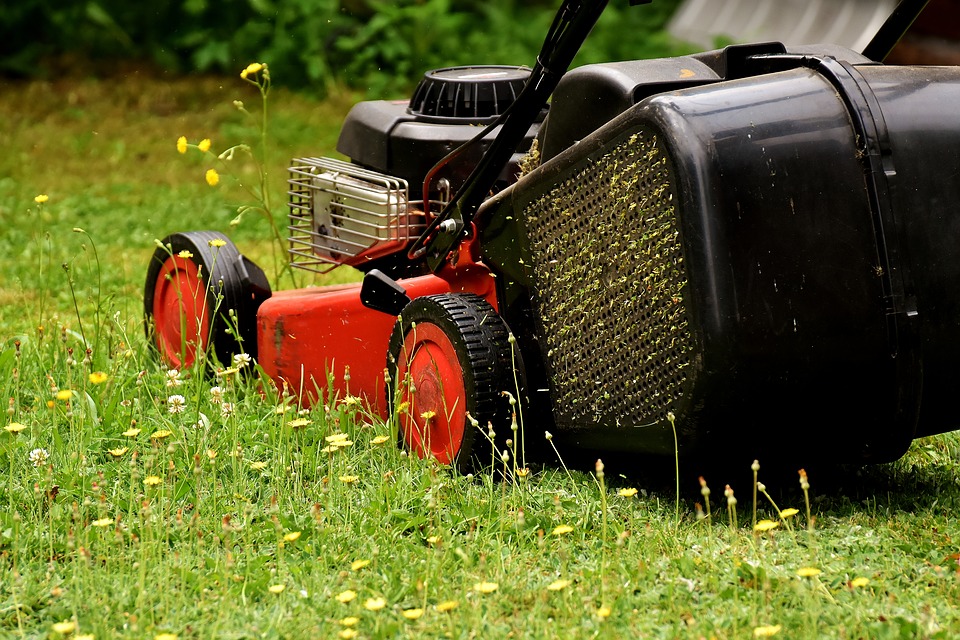 It’s the tail end of summer, meaning that autumn is just around the corner. As temperatures continue to fall, you can expect a gradual slowdown in the growth of your lawn, but that doesn’t mean you should neglect your yard until spring. On the contrary, it’s a good idea to prepare your lawn for the winter ahead by providing it with the nourishment it needs to remain healthy throughout the changing seasons.
It’s the tail end of summer, meaning that autumn is just around the corner. As temperatures continue to fall, you can expect a gradual slowdown in the growth of your lawn, but that doesn’t mean you should neglect your yard until spring. On the contrary, it’s a good idea to prepare your lawn for the winter ahead by providing it with the nourishment it needs to remain healthy throughout the changing seasons.
Add Fertilizer
You don’t need to limit fertilizing your lawn to just the spring: Your lawn can also benefit from fertilizer in autumn before the winter weather arrives. Fertilizing your plants and lawn will help strengthen their roots and deliver essential nutrients that the lawn will need when it comes out of its dormancy in the spring. Ideally, you want to apply lawn fertilizer about two to three weeks before the ground freezes. Before applying fertilizer, remember to mow your grass.
Continue to Water and Mow
You should continue cutting your grass well into autumn. Grass continues to grow until the first hard frost, and if you fail to cut it up until then, you risk it becoming susceptible to snow mold, a type of cold-weather fungus that can damage or even kill grass. When mowing, be sure not to cut your grass too short: The ideal height is between 2.5 and 3 inches. In addition to mowing, you will also want to continue watering your lawn. While there may be more dew and rain in autumn, this is not always enough to keep lawns healthy. Continue watering your lawn or keep the sprinklers going at least into the end of October.
Eliminate Weeds
Weeds will often continue to grow throughout summer and into autumn. However, by treating these weeds in autumn, you can prevent seeds that were dropped onto the lawn from sprouting in the spring. Use a pre-emergent herbicide to eliminate stubborn weeds. If you prefer a natural weed killer, try combining one gallon of white vinegar with one cup of salt and one tablespoon of liquid dish soap. Mix the solution in a spray bottle and treat the weeds during the sunniest part of the day. The acetic acid in the vinegar and the salt will help draw moisture from the weeds, and the dish soap acts as a surfactant.
Put Outdoor Furniture in Storage
You may think that leaving your outdoor furniture on your lawn throughout the fall and winter won’t hurt, but that’s not true. In addition to putting the furniture at risk for weather-related damage, you also risk causing harm to your lawn, as the weight of the furniture can cause the grass to become matted down. Moisture from rain and snow can add to the problem, creating an environment that mold and pests thrive in. Take the time to put your outdoor tables, chairs, and patio umbrella in storage until spring arrives again.
